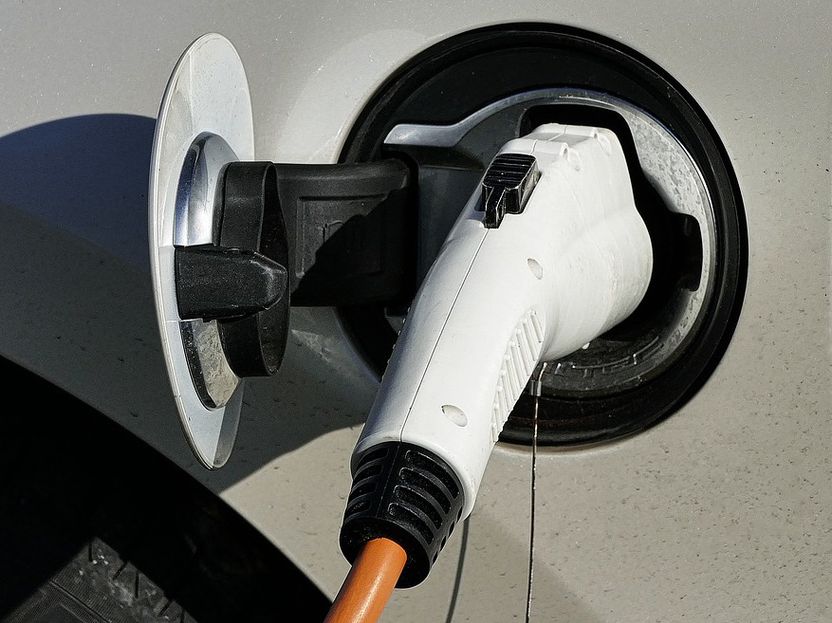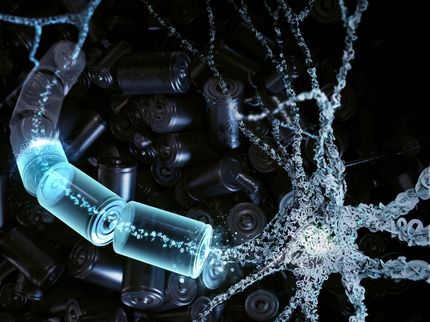Electric Vehicles are not a Panacea for Climate Change
Electric vehicles will barely help cut CO2 emissions in Germany over the coming years, as the introduction of electric vehicles does not necessarily lead to a reduction in CO2 emissions from road traffic. Natural gas combustion engines are the ideal technology for transitioning to vehicles powered by hydrogen or “green” methane in the long term.

Symbolic image
anaterate, pixabay.com, CC0
Considering Germany’s current energy mix and the amount of energy used in battery production, the CO2 emissions of battery-electric vehicles are, in the best case, slightly higher than those of a diesel engine, and are otherwise much higher. This has been confirmed by a new study by Christoph Buchal, professor of physics at the University of Cologne; Hans-Dieter Karl, long-standing ifo energy expert; and Hans-Werner Sinn, former ifo president and professor emeritus at Ludwig-Maximilians-Universität München. The researchers carried out their detailed calculations using the concrete examples of a modern electric car and a modern diesel vehicle. In addition to CO2 emissions from battery production, they looked at alternative energy sources for electricity in order to calculate the impact electric vehicles have on CO2 emissions. They show that even with today’s technology, total emissions from a combustion engine powered by natural gas are already almost one-third lower than those of a diesel engine. “Over the long term, hydrogen-methane technology offers a further advantage: it allows surplus wind and solar power generated during peaks to be stored, and these surpluses will see a sharp increase as the share of this renewable energy grows,” Professor Buchal explains.
In their study, the authors criticize the fact that EU legislation allows electric vehicles to be included in calculations for fleet emissions with a value of “zero” CO2 emissions, as this suggests that electric vehicles do not generate any such emissions. The reality is that, in addition to the CO2 emissions generated in the production of electric vehicles, almost all EU countries generate significant CO2 emissions from charging the vehicles’ batteries using their national energy production mixes. The authors also take a critical view of the discussion about electric cars in Germany, which centers around battery-operated vehicles when other technologies also offer great potential: hydrogen-powered electric vehicles or vehicles with combustion engines powered by green methane, for instance. “Methane technology is ideal for the transition from natural gas vehicles with conventional engines to engines that will one day run on methane from CO2-free energy sources. This being the case, the German federal government should treat all technologies equally and promote hydrogen and methane solutions as well,” emphasizes Professor Sinn.
Original publication
Buchal, Christoph, Hans-Dieter Karl und Hans-Werner Sinn; "Kohlemotoren, Windmotoren und Dieselmotoren: Was zeigt die CO2-Bilanz?"; ifo Schnelldienst 72 (08), 2019
Other news from the department science
Most read news
More news from our other portals
See the theme worlds for related content
Topic World Battery Technology
The topic world Battery Technology combines relevant knowledge in a unique way. Here you will find everything about suppliers and their products, webinars, white papers, catalogs and brochures.

Topic World Battery Technology
The topic world Battery Technology combines relevant knowledge in a unique way. Here you will find everything about suppliers and their products, webinars, white papers, catalogs and brochures.





























































